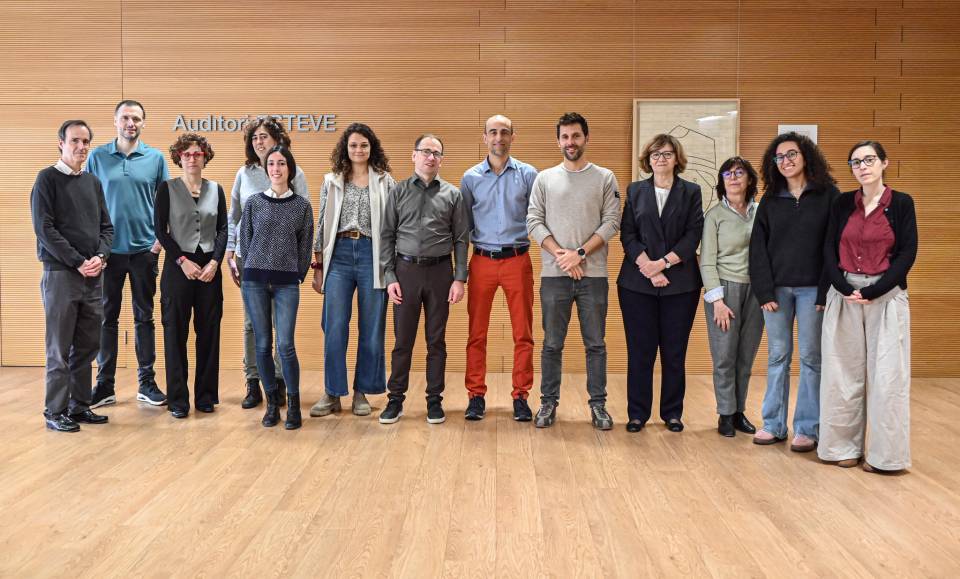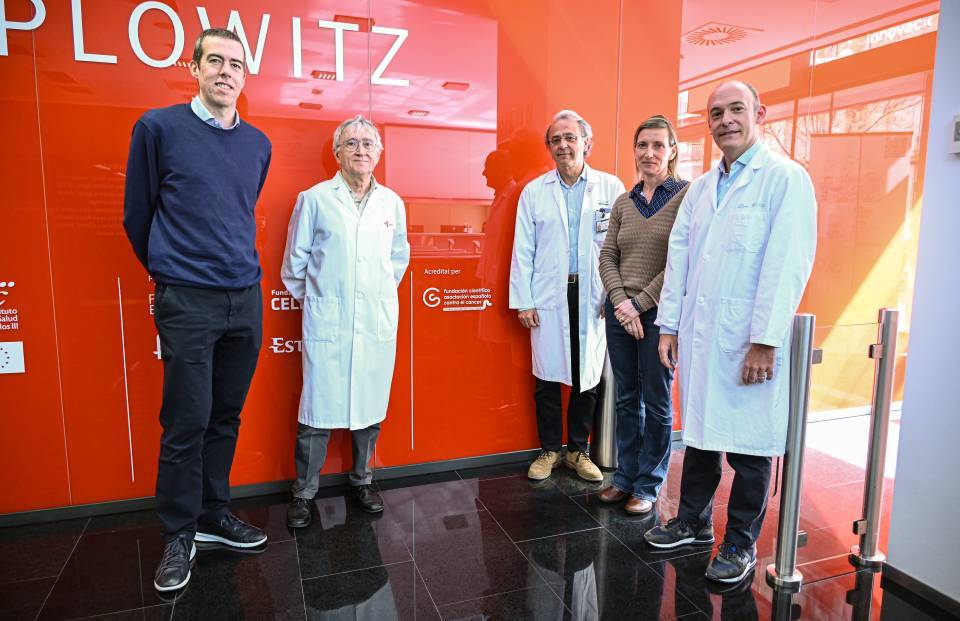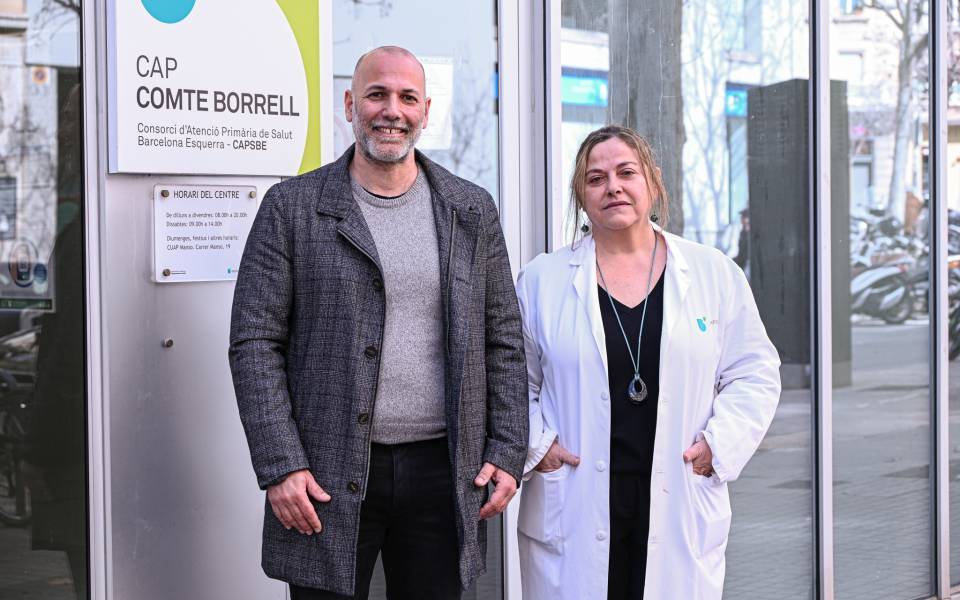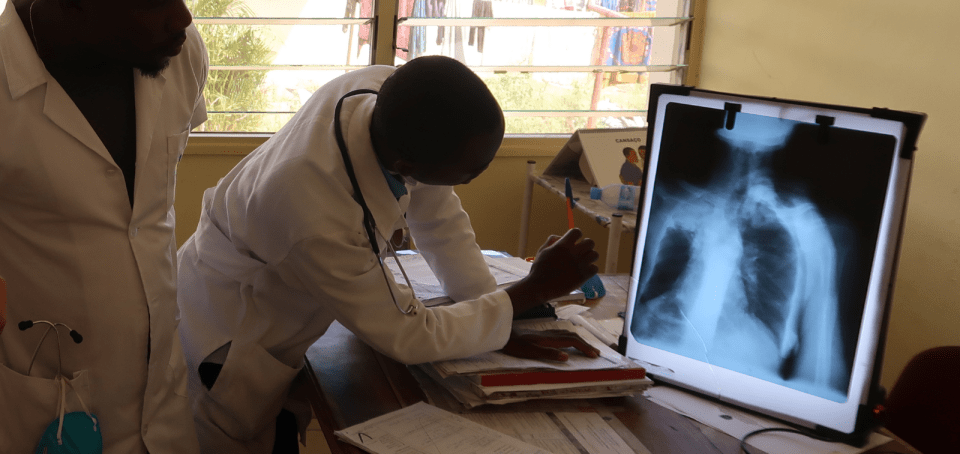Carles Gomà, a researcher in the Translational Genomics and Targeted Therapies in Solid Tumors research group at IDIBAPS, led the project. In total, nine leading institutions in the biomedical research and medical physics fields are participating: IDIBAPS, Hospital Clínic de Barcelona, Helmholtz-Zentrum Dresden-Rossendorf and the University of Technology Dresden (Germany), KU Leuven (Belgium), the Research Centre for Energy Environment and Technology (CIEMAT, Spain), the Belgian Nuclear Research Centre, the Vall d’Hebron Institute of Oncology and the Hospital Sant Joan de Déu.
Towards more precise radiotherapy
Radiotherapy is one of the most widely used tools in the treatment of cancer, but traditional X-rays can affect healthy tissues close to the tumor. Proton therapy is a more precise type of radiotherapy that allows the radiation dose concentration on the tumor with less impact on the surrounding tissues. Despite this advantage, proton therapy still presents technological limitations, such as the lack of advanced imaging systems to monitor the patient in real time or the difficulty of adapting the treatment to the patient's anatomy.
This project aims to promote new technologies in proton therapy that overcome current technical limitations, improve precision, and further reduce side effects. These improvements will be especially relevant in pediatric cancer, where reducing irradiation to healthy tissues can decrease the risk of secondary tumors in the long term.

Funded by the European Union. Views and opinions expressed are however those of the author(s) only and do not necessarily reflect those of the European Union. Neither the European Union nor the granting authority can be held responsible for them.




